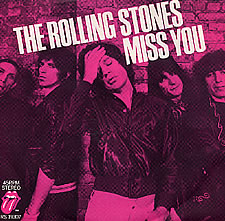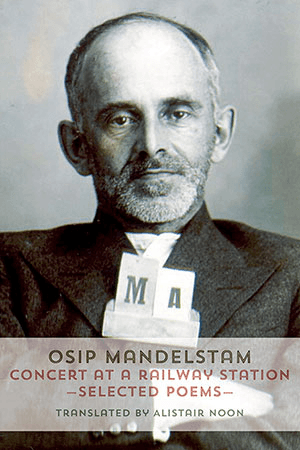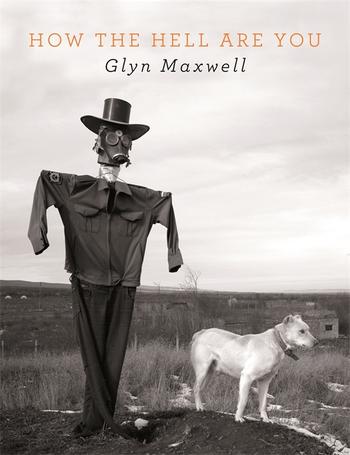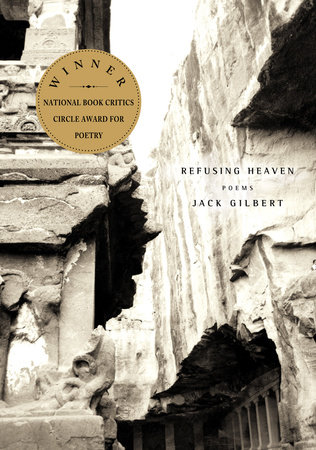While I read Heather Cox Richardson's "Letters from an American" every day, her letter of 30 August 2021 doesn't offer her usual comprehensive overview on the drone strike "against ISIS-K for the attack on the Kabul airport [...] last Friday", which is part of the Biden administration's approach to "combating terrorism through financial sanctions, bombing, and drone strikes". But according to reports summarized by Murtaza Hussain, that drone strike, like so many others over the years, "killed 10 civilians from one family, including several children". Elsewhere in that letter, Richardson raises justifiable concerns about the violent rhetoric of Republican politicians, but she fails to connect that violence to American violence abroad. (Andrew Shields, #111words, 31 August 2021)





















